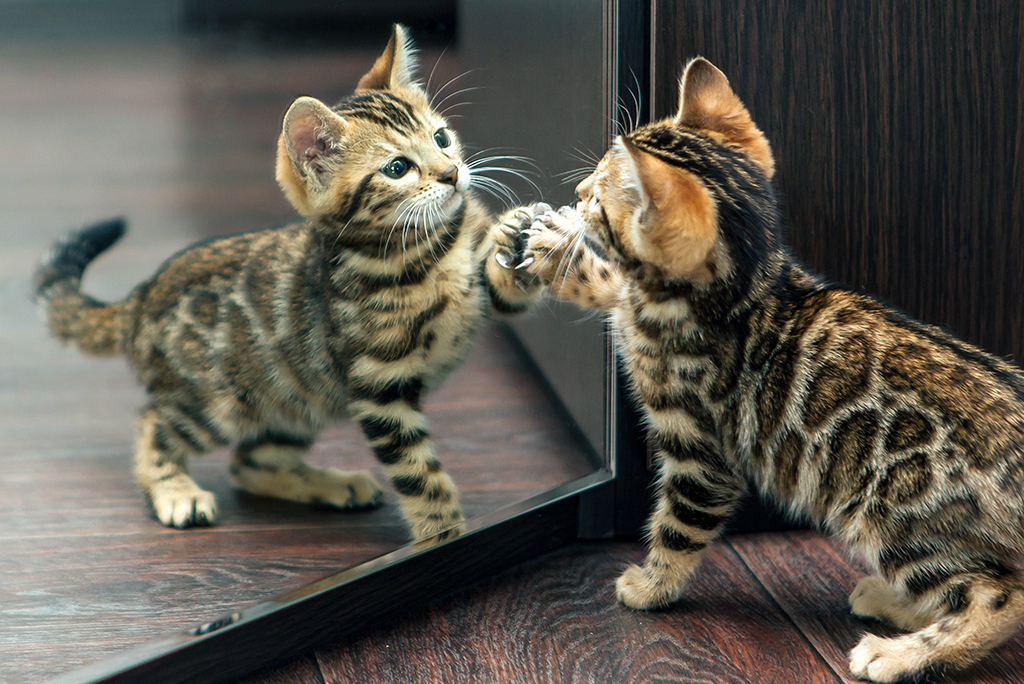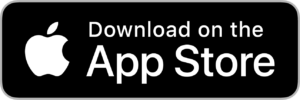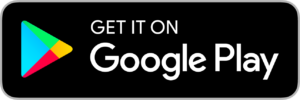Curious as a cat. We have all seen and been amused by the antics of kittens exploring their world. Something as simple as a box is incredibly fascinating to these tiny fluff balls. As humans we need to follow the lead of these petite felines and keep our curiosity strong.
When we lose our curiosity, we get stuck in a rut. We don’t learn and grow. Our business stagnates and so does our ability to pivot in tough situations. Here are the things I think we can be more curious about.

Technology: Let’s get curious about how new technology can improve our communication with our clients and our team. Today’s consumer is using their smartphone to “do life”. I recently went to play Top Golf for the first time and quickly discovered first of all – it is FUN and second, it is all about the tech. A microchipped golf ball records yardage and the score when (or if) you hit the target and posts it on an electronic scoreboard. I downloaded the Top Golf app on my phone so I could see the food menu and kept track of my score. It was a great merger of tech and physical activity. Veterinary hospitals have the same opportunity to merge tech and the physical presence of our clients. Though apps like VitusVet we can text messages about patient recovery after surgery or even a photo. Our clients can request medication refills just like I could order food from the Top Golf menu. Human medicine is using tech for telemedicine visits and so can we. Since COVID protocols are keeping clients at home and practices super busy, we can certainly shift some of that physical presence to an online visit with teletriage. I recently saw a new technology that allows veterinarians to take heartrate, respiration and temperature just by pointing a device at a patient. It works from elephants to canaries. There is a new thermometer that takes accurate temps under the “armpit” of an animal…no more rectal temps to make our patients and our clients cringe. Slack is a great technology for team communication. We have so many helpful options if we are just curious.
People: I find people fascinating. Curiosity about humans has led me into research on neuroscience, body language, personality profiles, emotional intelligence and conflict resolution. I also am involved in a new vodcast called The Bend where I interview some of the most resilient humans I know about how they overcame adversity.
Instead of assuming you know what another person is thinking or feeling, it is wise to be curious and ask. Listening is a more important skill than talking. When building a unicorn practice the leaders will always spend time asking questions and listening to the replies of their staff members. Feedback is also about asking and listening rather than assuming and accusing. People are curious if they are performing as expected. When leaders don’t share positive and negative feedback with their staff they are not rewarding or correcting behaviors. Is your training on point? Don’t guess – be curious and find out.
Medicine: Good medicine requires a lot of curiosity. Something changes or is discovered almost every week. It is easy to stay in a rut with the services you offer but to move into the future you must learn new skills. So many times, we see both doctors and staff members refuse to make a change in protocol because “we have always done it this way”. Our clients are going to demand better from us because information is readily available and we must be prepared. In human medicine a new discipline called Functional Medicine is surfacing. This is care that looks at the whole human to understand the effects of genetics and lifestyle on health and the power of deficiencies to fuel illness and vulnerability to it. It looks at why disease is manifesting rather than what the disease is. Will animal health follow? I am curious to see.
Life is a big mystery and navigation requires a healthy dose of curiosity to survive and flourish. Start asking those questions. I can’t wait to see where it leads you.
 by a veterinarian
by a veterinarian


